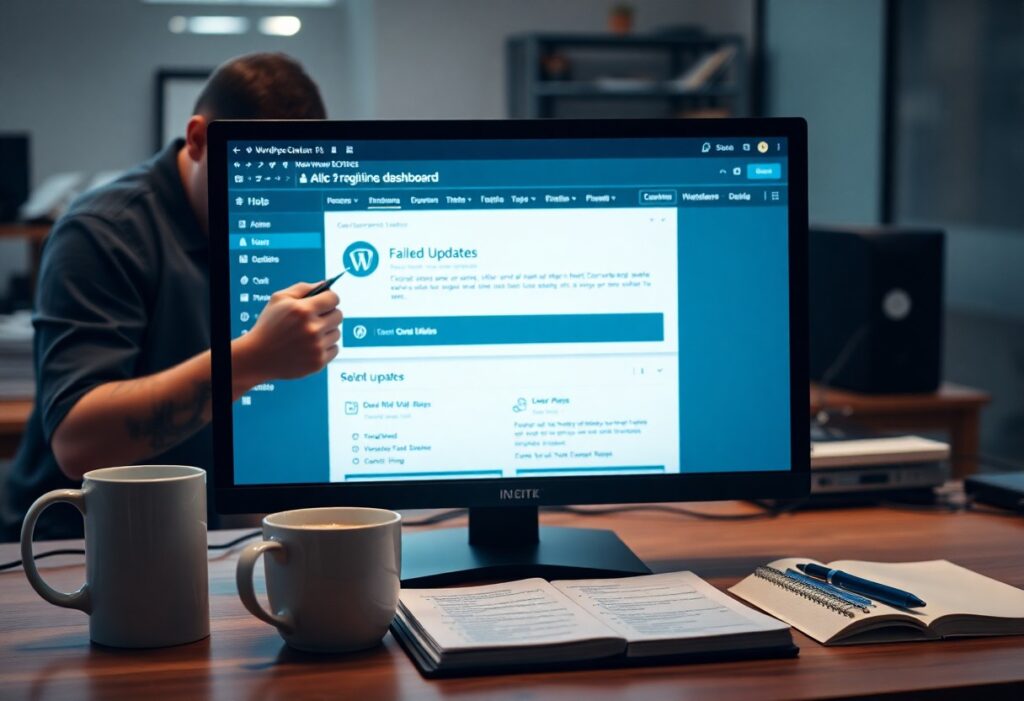There’s a significant difference between a website that loads quickly and one that takes ages to display its content. When you supercharge your WordPress website speed, you’re not just enhancing user experience; you’re also potentially boosting your search engine rankings and increasing conversions. Here’s how you can do it with some advanced hacks.
1. Optimize Images: One of the primary reasons for slow loading times is large image files. Utilize tools like Smush or Imagify to compress images without losing quality. Additionally, you can use WebP format, which provides better compression than traditional formats like JPEG or PNG.
2. Leverage Browser Caching: By enabling browser caching, you allow visitors’ browsers to store static resources such as images, CSS, and JavaScript files. You can control caching via plugins like WP Super Cache or W3 Total Cache. This means repeat visitors will load your site faster as some files will already be available locally.
3. Use a Content Delivery Network (CDN): A CDN distributes your website content across various servers globally. This helps reduce latency, as users can load your site from the nearest server. Services like Cloudflare or MaxCDN are great options to consider. Implementing a CDN can drastically decrease loading times, especially for users situated far from your primary server.
4. Minify CSS, JavaScript, and HTML: Reducing the size of your site’s code can lead to faster load times. Minifying involves removing unnecessary characters, comments, and formatting. Plugins such as Autoptimize can help automate this process. This optimization allows your site to load more efficiently, particularly on mobile devices.
5. Limit Plugin Usage: Each plugin you add can introduce additional scripts, styles, and database calls that can slow down your website. Audit the plugins you’re using and deactivate or delete any that aren’t vital. Look for lightweight alternatives that serve your purposes without excessive overhead.
6. Choose a Reliable Hosting Provider: Your web hosting provider plays a significant role in your site’s speed. Opt for high-performance hosting services like Kinsta or SiteGround. These providers offer server optimizations, caching, and support specifically designed for WordPress, ensuring your website runs efficiently.
7. Optimize Your Database: Over time, your database collects unnecessary data, which can slow down your site. Use plugins like WP-Optimize to clean and optimize your database regularly by removing spam comments, post revisions, and transients. This will ensure smoother operation and quicker query responses.
8. Enable GZIP Compression: GZIP compression reduces the size of your website’s files before they are sent to the user’s browser. This can significantly speed up load times. You can enable GZIP via your hosting provider’s settings or by adding a few lines of code to your .htaccess file.
By implementing these advanced hacks, you can create a faster, more efficient WordPress website that will enhance user experience, improve SEO, and ultimately lead to higher engagement and conversion rates. Don’t wait; start optimizing today!




